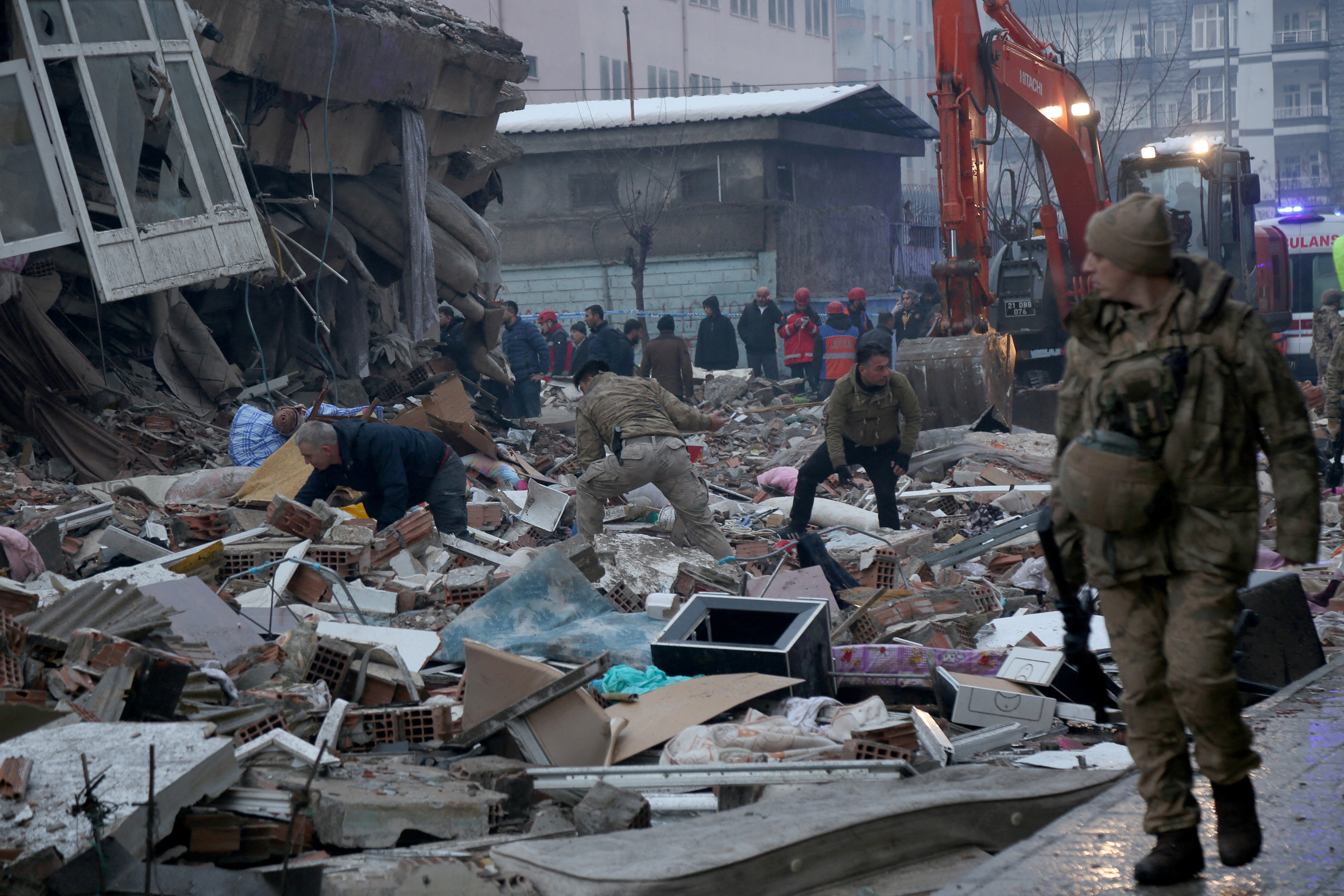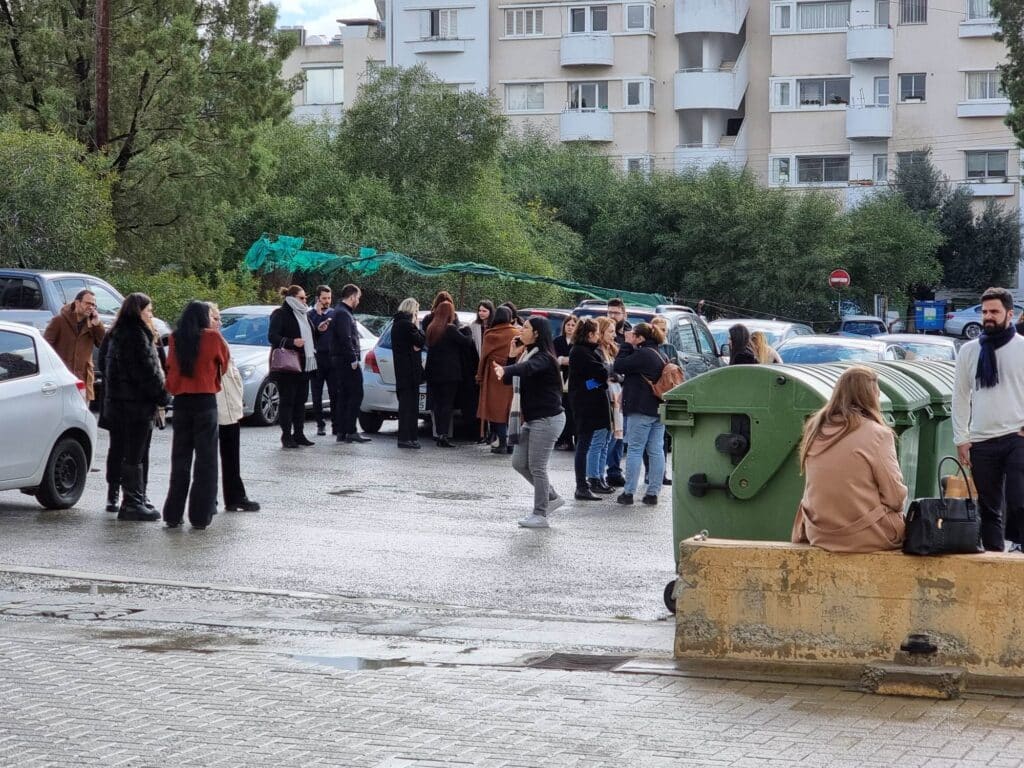The Cyprus government on Monday said it was saddened by the fatal earthquakes in Turkey and said it is ready to send help.
The quakes and their multiple aftershocks were also felt on the island, with the geological survey department saying minor tsunamis occurred in the Famagusta area as people rushed out of buildings all over the island for safety when the second quake hit at lunchtime.
The magnitude 7.8 Richter earthquake that hit southern Turkey has left hundreds dead and thousands more injured in the early hours of the Monday morning, while a second earthquake of 7.5 Richter was felt in the early hours of the afternoon.
Following the devastating quakes, the foreign ministry said it is ready to act.
Speaking to the Cyprus Mail, foreign ministry spokesman Demetris Demetriou said: “It is a humanitarian issue and there is no room for politics in these cases.”
In a statement on social media, the ministry said that they were saddened by the devastating earthquakes in Turkey and Syria and they sent condolences to the families and victims.
Other countries in the area, have also sent aid and rescue teams.
The EU has said that it is working to create a team with the participation of ten member states to send help to Turkey.
According to EU High Representative for Foreign Affairs and Security Policy Josep Borrell the EU Emergency Response Coordination Centre is in direct contact with the Turkish authorities to coordinate further support if needed. The Copernicus satellite system has also been activated to provide emergency mapping services.
Speaking to the Cyprus Mail after the first quake, Nicosia resident Cathryn Stevens said the chandeliers in her home were shaking in the middle of the night.
“We all got out of bed,” she said.
Another Nicosia resident, Jim Stavrou added: “The entire house was shaking for a whole minute, the longest I have ever experienced. I felt powerless, I did not know what to do.”
Describing her experience in Paralimni, Anna Paraskevas said she was awoken by the shaking.
“It woke me up and I ran outside the house, where I could still distinctly fell the tremor as the ground was shaking,” she said.
Meanwhile, reports from the north said attempts are being made to re-establish contact with three groups of young Turkish Cypriot athletes who were at a volleyball tournament in Adiyaman.
Yeni Duzen reported that one family member of each of the 25 students will be flown via a specially chartered flight to the nearest point possible to the seismic zone, accompanied by officials from the ‘education ministry.’
Later in the day, Turkish ‘ambassador’ in the north Metin Feyzioglu said teams were being sent to help with the evacuation of the 25 students in a ruined hotel.
The newspaper earlier reported that two school groups from Famagusta were also in Maras and according to initial reports are safe, having been evacuated to a bunker.
According to other sources, Turkish Cypriot leader Ersin Tatar said his staff are in communication with Turkish authorities, a crisis office has been set up, and an extraordinary meeting of the ‘council of ministers’ has been convened.
Speaking about the first quake, geological survey director Christodoulos Hadjigeorgiou said a “small tsunami” was recorded off the Famagusta coast but no damage was caused. However, had there been an underwater landslide, the consequences could have been catastrophic, Hadjigeorgiou told CyBC.
Paralimni mayor Theodoros Pyrillis, whose area was hit on Sunday morning by a 3.6 magnitude earthquake 25km off the coast, told Philenews that the small tsunami off the coast of Protaras had no impact.
The civil defence, in an announcement advised public living in low-lying areas to stay vigilant and watch for the sign of rising water levels, keeping away from the coast in the event of a tsunami.
The public is urged to identify the safest spots in the home and/or place of employment, under sturdy tables, away from glass surfaces, bookcases and external walls.








Click here to change your cookie preferences